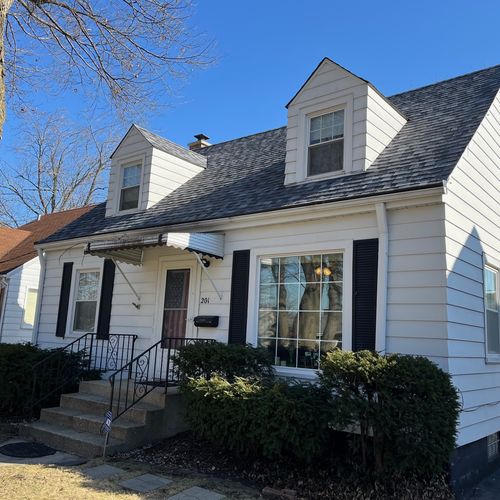Commercial vs. Asset Based Lending
Asset-based lending (ABL) is a financing method where a loan is secured by collateral, typically in the form of assets owned by the borrower. House flipping, which involves purchasing and renovating properties for resale, often relies on financing to fund the acquisition and renovation costs. Asset-based lending can be an attractive option for house flippers, as it allows them to leverage the value of the property being flipped.
Here’s how asset-based lending can work for house flippers:
- Collateral: In house flipping, the property itself serves as the primary collateral for the loan. The lender assesses the value of the property and extends a loan based on a percentage of that appraised value.
- Loan-to-Value (LTV) Ratio: The loan amount is typically determined by the Loan-to-Value ratio, which is the ratio of the loan amount to the appraised value of the property. For example, if a property is appraised at $200,000 and the lender offers an 80% LTV, the maximum loan amount would be $160,000.
- Renovation Costs: Some asset-based lenders may also include funds for renovation or construction costs as part of the loan, allowing the house flipper to cover both the purchase and renovation expenses.
- Interest Rates and Terms: Asset-based loans may have higher interest rates compared to traditional mortgages, given the higher risk associated with house flipping. The terms of the loan can vary, but they are often shorter in duration, such as 6 to 12 months.
- Exit Strategy: Lenders may be interested in the house flipper’s exit strategy – how and when they plan to sell the property. This is important for the lender to understand how the borrower intends to repay the loan.
- Experience and Track Record: Lenders may also consider the house flipper’s experience and track record in the real estate market. Those with a successful history of flipping properties may be more likely to secure favorable loan terms.
Asset-based lending for house flippers can provide flexibility and quick access to capital, allowing them to take advantage of investment opportunities. However, it’s crucial for house flippers to carefully assess the costs, including interest rates and fees, and have a solid plan for the property’s renovation and resale to ensure a profitable outcome. As with any financial decision, it’s advisable for house flippers to consult with financial professionals and legal experts to navigate the complexities of asset-based lending.

